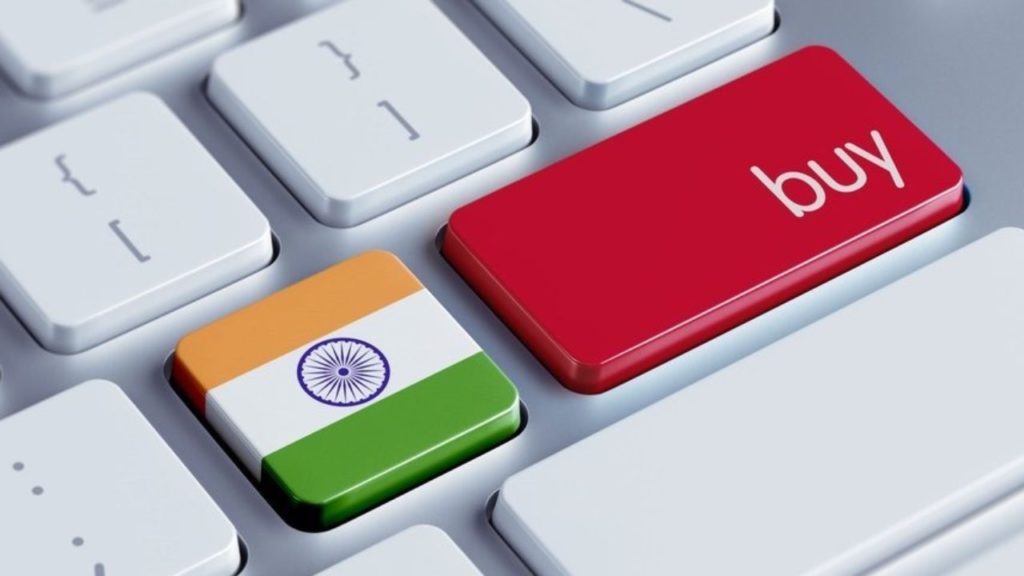Flipkart, Amazon, Paytm Mall, Snapdeal All Set To Sell Non-Essential Items From April 20th

After the Government extended the lockdown to curb the spread of COVID-19 outbreak, the Ministry of Home Affairs (MHA) released a set of revised guidelines for services that are allowed during the lockdown.
Several ecommerce companies including Flipkart, Snapdeal and Paytm Mall are all set to resume full operations from April 20.
Read to find out more…
MHA’s Guidelines Confusing the E-commerce Companies!
The Industry Executives told ET, While others such as Amazon have sought clarification from the Centre on whether they can sell non-essentials in addition to food and grocery items.
A prior notification from the MHA had specified that ecommerce firms would only be allowed to sell essential goods – food, pharmaceuticals and medical devices, the guidelines released on April 15 are devoid of any such classification of essential and non-essential items raising some confusion among online retailers. A government official said that the MHA directives on e commerce were clear and that these firms should start operations based on the latest guidelines.
In addition the official said, “For now it is amply clear that these companies can resume services, if there are problems faced at the local level they can be handled late.”
On a call with CEOs from ecommerce and gig economy companies on April 15, officials from Niti Aayog and MHA said that all ecommerce activities will now be permitted, according to industry executives. A CEO of a leading ecommerce firm who attended the call said, “We were told that ecommerce in its entirety will be allowed and that we had a job to do for the nation so that consumers don’t need to come out onto the streets.”
The businesses in the grocery and ecommerce space were assured that they will get assistance to sort out the issues if they face various on-ground challenges. In the meeting it was made clear that all ecommerce will be allowed in non-containment zones post April 20. Containment zones continue to serve only essential needs via ecommerce.
Sellers on E-Commerce Platforms Confused As Well!
The sellers on ecommerce platforms also said they wanted more clarity from the MHA on its guidelines in order to avoid any actions from local authorities. They said that while large vendors and businesses might be able to convince authorities to allow them to run their warehouses, smaller ones might struggle without clear guidelines.
The All India Online Vendors Association, counts 4,000 sellers as its members. A representative of the association said.”The issue of sale of non-essentials through e commerce needs to be clarified and all grey areas need to be removed, so that there are no problems to sellers at local level.”
What are the Plans of FlipKart, Amazon, Snapdeal, Paytm Mall, Urban Company?
According to a source in the company, Flipkart is expected to start accepting orders for all items, including non-essentials from April 20. A Flipkart spokesperson said. “In line with the guidelines announced by the central government and also in collaboration with all states and local authorities, we will continue to serve consumers.”
On the other hand, Amazon has sought clarification regarding sale of non-essential goods.
An Amazon spokesperson said, “The resumption of economic activity from April 20 is a welcome step that would nonetheless depend on unhindered availability of labour that is critical to deliver essential products to people across the country and ensure they can stay home safely.”
Snapdeal will also begin full operations on April 20, said a person familiar with the matters. A Snapdeal spokesperson said, “At this critical juncture, the ecommerce industry can ensure that citizens stay indoors, and all their needs are met through home deliveries with immense precautions. We look forward to serving the nation in protecting both lives and livelihoods.”
Paytm Mall, too, announced that it will resume operations next week.
Urban Clap which is now Urban Company said it would open its services in more cities starting April 20. They have already begun their services in Gurgaon, Chennai and Kolkata with approvals from state authorities. Abhiraj Bhal, CEO, Urban Company said, “Safety continues to be our top priority… we will take it slow.” In addition he said that the company is equipping all its service partners with PPE, health insurance and income protection plans to make them feel safe.
The question still remains; How safe is it to place orders? The question stands in terms of money refunds if the companies suddenly close services as well as hygiene of the delivery executives!

Comments are closed, but trackbacks and pingbacks are open.